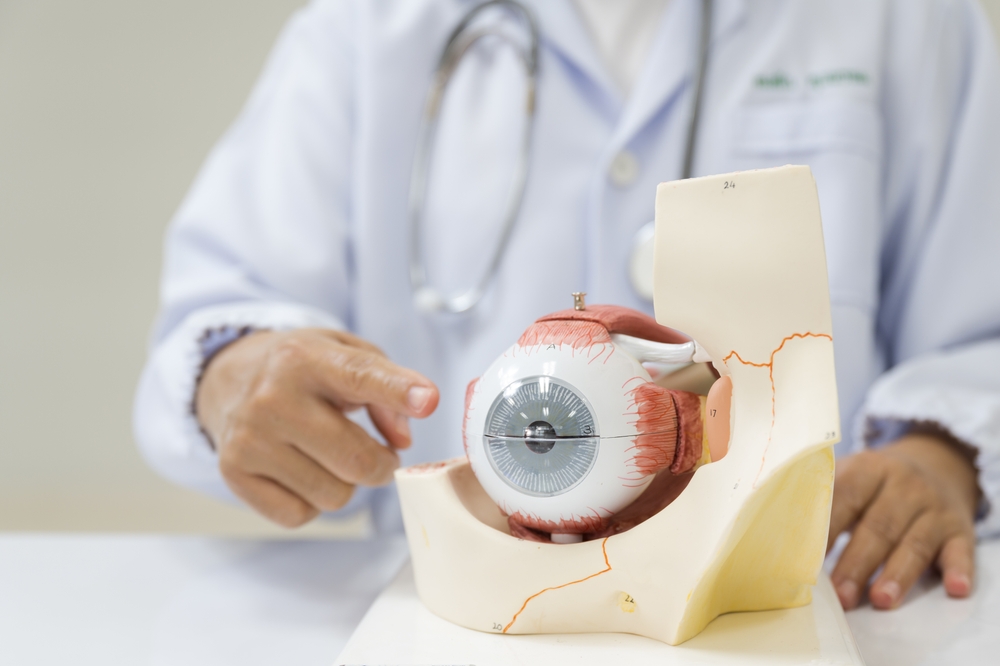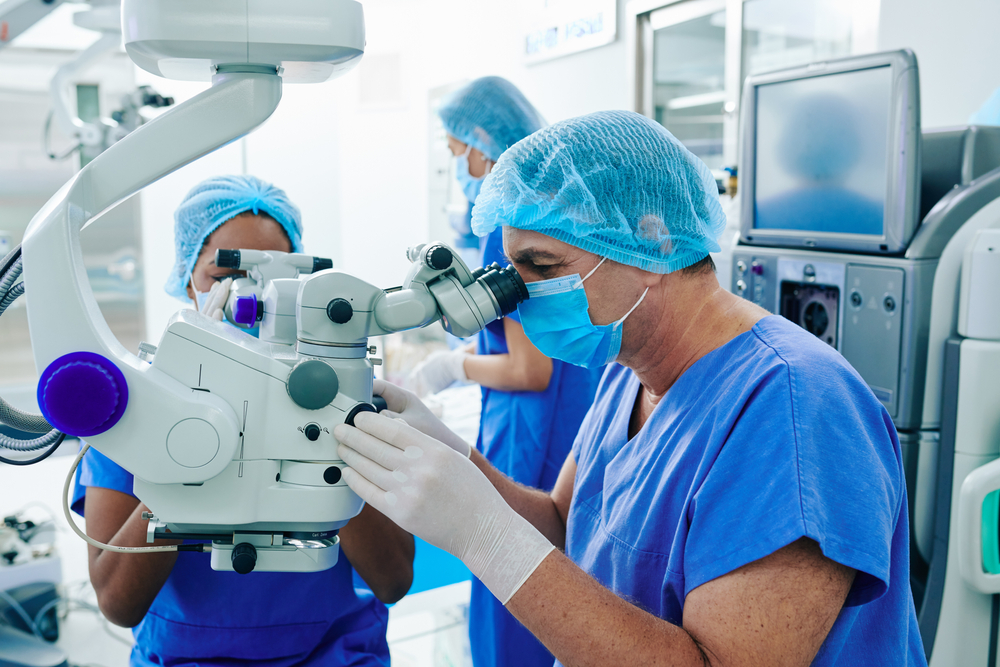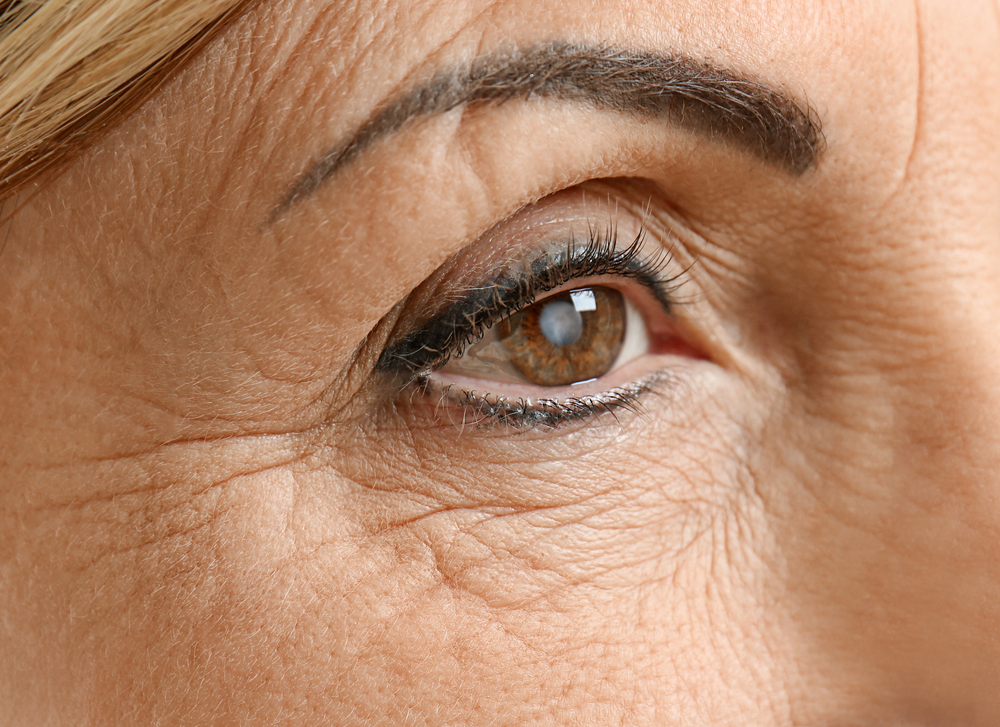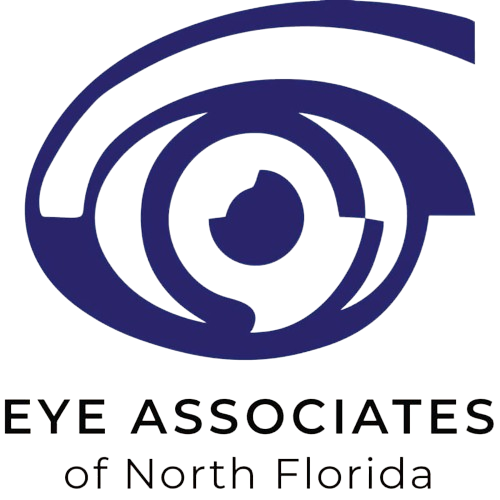Is Cataract Surgery Always Necessary?

One of the inevitable changes that comes with getting older is cataracts. Everyone eventually develops cataracts if they live long enough, even people who had perfect vision their whole life.
Cataracts occur when the lens begins to cloud due to the breakdown of proteins. This clouding causes vision changes and, if left untreated, can lead to complete vision loss.
Cataracts typically develop gradually, so it may take years before they start to affect your vision. The early symptoms of cataracts may be mild and easy to manage, but over time, they will get more severe and affect your daily routine.
The only way to effectively treat cataracts is through cataract surgery. However, you may wonder if cataract surgery is needed in all cases.
Keep reading to learn if cataract surgery is always necessary!
What Are Cataracts?

Cataracts are a clouding of the eye lens caused by the breakdown of proteins. Typically, the lens is clear and helps focus light onto the retina.
As time passes, protein deposits clump together inside the lens, limiting the amount of light that can reach the retina and affecting how well you can see. Most cataracts are age-related, though cataracts can also be congenital or arise due to illness or injury.
You may not notice cataracts when they first start to develop. They can be tiny and not affect your vision at all.
However, as time goes on, the cataracts will get larger. You’ll notice changes to your vision, such as increased blurriness, difficulty seeing in low light, colors seeming dimmer or duller, and halos around lights. Eventually, the visual symptoms caused by cataracts can make everyday activities difficult or impossible.
There are no medications or lifestyle changes that can reverse cataracts. Cataract surgery is the only way to treat cataracts that cause significant vision issues.
Who Needs Cataract Surgery?
Most people do not need cataract surgery when they are first diagnosed with cataracts. Your eye doctor will likely recommend cataract surgery when your cataracts have started to affect your ability to do everyday activities such as driving, reading, watching TV, cooking, or taking care of your home.
What Happens During Cataract Surgery?

Cataract surgery is a safe, effective procedure that your eye doctor can perform in their office. You don’t need general anesthesia for it, so you will be awake the whole time.
You can go home shortly after the procedure, and you’ll be able to gradually resume normal activities in the days after. During cataract surgery, your eye doctor uses specialized tools to remove the clouded lens from your eye.
After that, they place an artificial lens into the space where the natural lens used to be. The artificial lens is perfectly clear, so the vision changes from cataracts are completely resolved.
In addition, these artificial lens, known as IOLs or intraocular lenses, can also correct refractive errors, such as farsightedness or nearsightedness. Many people find that their vision is significantly better after cataract surgery.
Can Cataracts Be Cured?
Cataract surgery is the only cure for cataracts. If you have mild symptoms, you don’t need to rush to schedule cataract surgery.
You may be able to accommodate cataract-related vision changes by adjusting your prescription for glasses or contacts, increasing the brightness of computer screens, and having bright enough lighting in your home or office. You might be able to prevent the early development of cataracts somewhat by maintaining a healthy lifestyle, including diet, exercise, and protecting your eyes from sun exposure.
Avoiding or quitting tobacco products improves overall eye health. Managing diabetes symptoms can also improve eye health. Eventually, all cataracts will reach a point where non-surgical accommodations aren’t enough, and cataract surgery is the only thing that will restore your vision.
What Happens If You Don’t Get Cataract Surgery?
Unfortunately, cataracts will continue to progress over time. Eventually, they will cover a significant portion of the lens and block light from reaching the retina.
You may develop blank or dark spots in your vision. You may find that your entire field of vision has dimmed, clouded over, or become so blurry that glasses don’t correct your vision.
You could develop severe vision distortions or double vision. Without cataract surgery, cataracts will eventually cause severe vision loss or total blindness.
Can Cataracts Come Back After Surgery?

One of the best aspects of cataract surgery is that it prevents any recurrence of true cataracts. The artificial lens won’t develop the protein deposits that cause cataracts in your natural lens.
There is a chance of developing posterior capsule opacity (PCO) after cataract surgery. This happens when the thin membrane around the new lens gets cloudy or hazy.
It can block light and cause vision changes similar to cataracts. Your eye doctor can easily fix the condition with a five-minute procedure called a YAG laser capsulotomy.
Your eye doctor can direct a specialized laser into the membrane and make a tiny opening. There is no incision, so there is no recovery time. You’ll likely even notice improvements in your vision right after the procedure.







